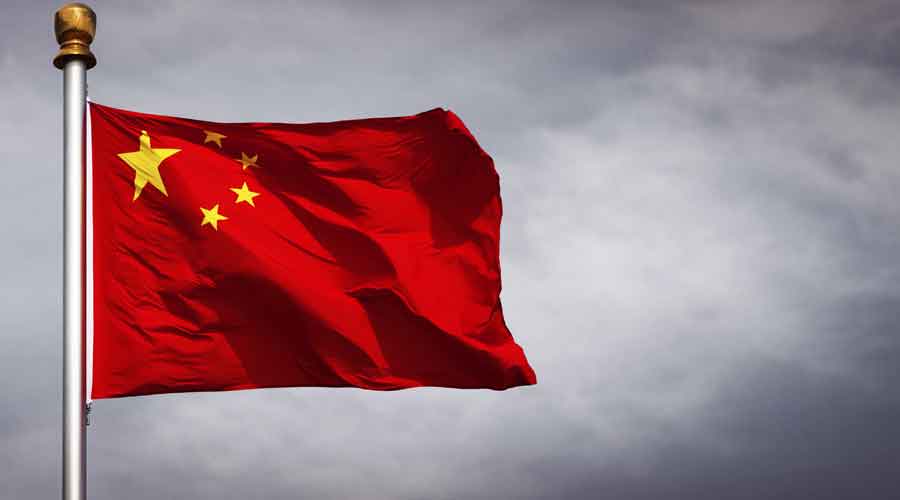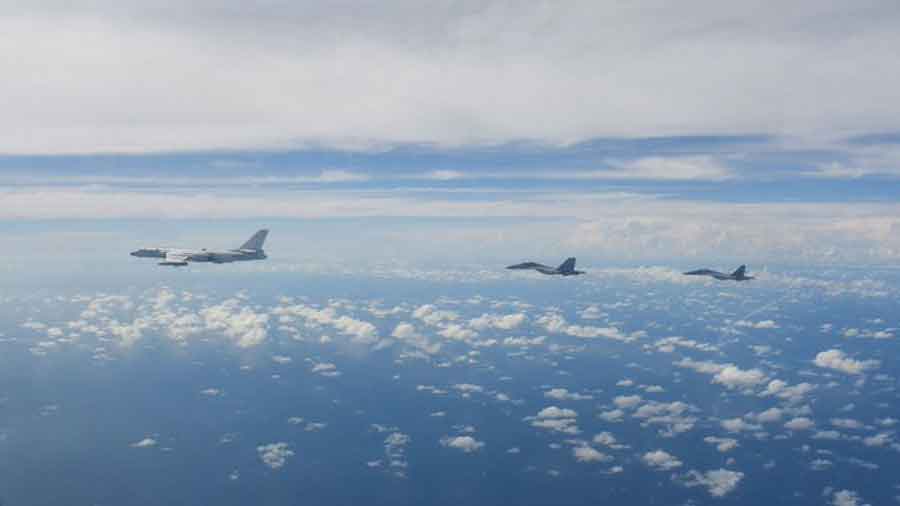China denied on Friday that it had imposed a no-fly zone in the seas north of Taiwan for Sunday, even though Taipei said it was told by Beijing that China would impose one.
Taiwan's transport ministry said Beijing had initially notified Taipei it would impose a no-fly zone from April 16-18, but later said that was reduced to a period of just 27 minutes on Sunday morning after it protested.
However, China's Foreign Ministry spokesperson Wang Wenbin seemingly contradicted that claim in remarks at a regular media briefing.
"I have noticed that there were previous reports pointing out that the no-fly zone was set up by the Chinese side, which is inaccurate. The relevant authorities will implement measures to ensure flight safety,” Wang said.
China's civil aviation authority will forewarn and issue notices in advance for any space activities, Wang said.
However, Taiwan has already issued a notice to airmen for pilots for Sunday morning that uses the wording “airspace blocked due to aerospace flight activity.”
The area covers busy flight routes between Taiwan and China and Taiwan and South Korea, among others.
On Thursday, China's maritime safety agency said potential rocket debris would fall in the East China Sea on April 16 between 9 a.m. to 3 p.m. (0100 GMT to 0700 GMT), and banned shipping vessels from the area.
'Relevant parties in the mainland have issued advance notices and announcements of space activities affecting the airspace,” said China's Taiwan Affairs Office in a statement on Friday.
The hype around China's space activities is a political trick, and an attempt to escalate cross-strait confrontation, Zhu Fenglian, spokesperson of the Taiwan Affairs Office, said in the statement.
The air space disruption comes amid tension in the region and days after the Chinese military held exercises around Taiwan, which China claims as its own territory.












